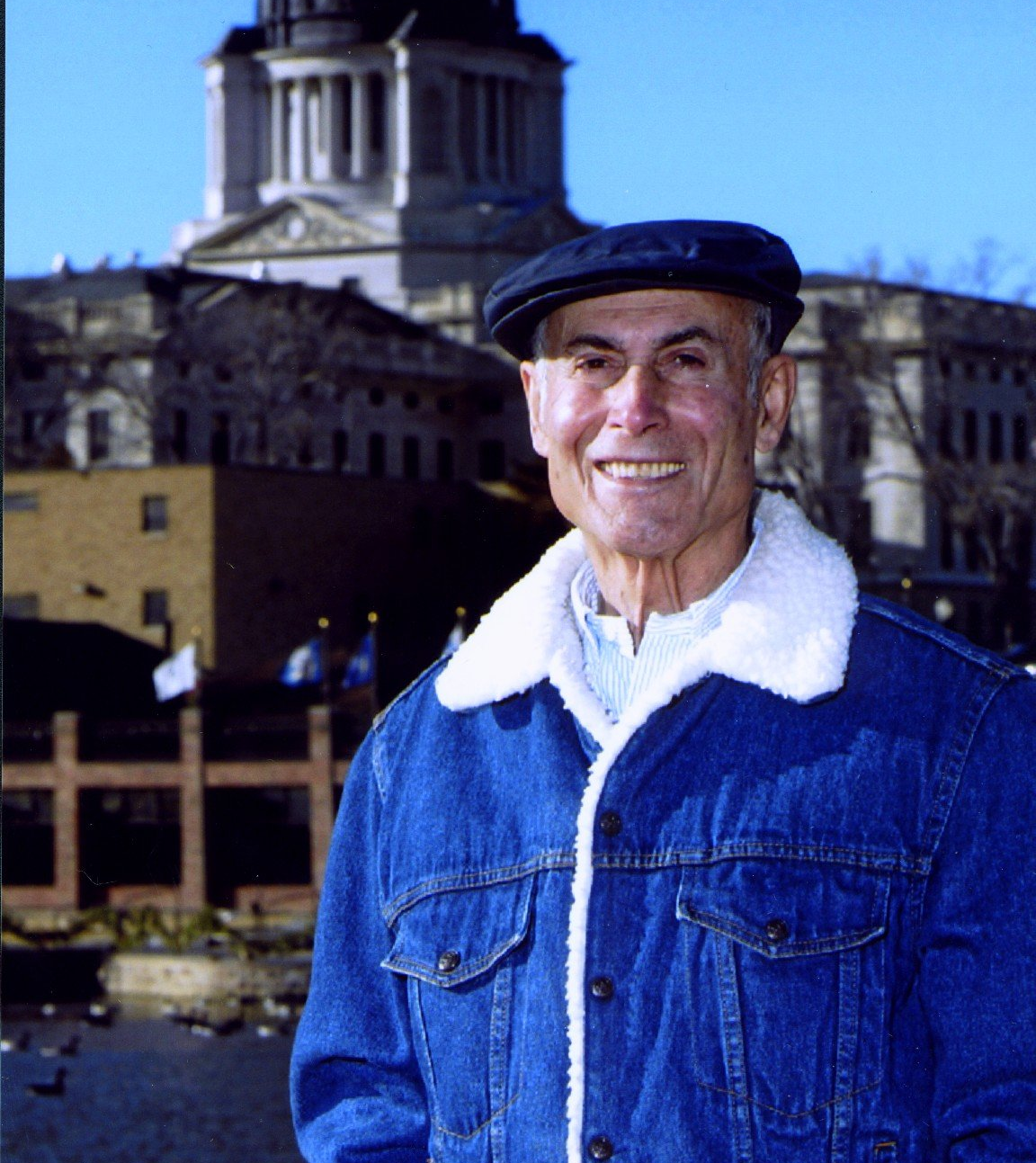“God, help me so I could give more.” A 10-year-old Mansour Karim whispered that simple prayer after giving a penny to a beggar on a street near his home in Tehran, Iran.
Through faith, friendships, education, entrepreneurship, and determination, Karim indeed gave more. Named the 2011 Philanthropist of the Year by the Pierre community, Karim provided over $1 million to the Pierre Boys and Girls Club and other local organizations. To support his alma mater of SDSU, Karim established a charitable trust for over $1.1 million. This trust led to the Mansour and Ruth Karim Scholarship Endowment providing scholarships for engineering students and wrestlers.
“While his causes varied, one value that is predominant throughout Mansour’s giving is that of education,” his daughter-in-law, Jess Karim, wrote in his 2016 memoir.
“He was very committed to education and his career,” his son, Monni, explained of his dad who passed away peacefully in 2019 at 90. “I’m sure he felt like education gave him the opportunities that opened all the doors to success and his life in America. Education is where it started.”
Education brought Karim to America.
Education helped him land a career with the South Dakota Department of Transportation. This career brought him to Pierre, where he met the love of his life, Ruth. Together, they built a life, raised seven children and became active and contributing community members. Mansour and Ruth were married 53 years, and three of their children – Kiran, Soraya, and Shane – attended SDSU, following in their father’s footsteps.
While in Pierre, Karim began investing in real estate. Real estate helped him “give more.” In 2004, Karim worked with the SDSU Foundation to place seven apartment properties in a charitable life income trust for eventual sale. This trust established the $1.1 million Mansour and Ruth Karim Scholarship Endowment.
“If I can do it, others can do it,” Karim said in his memoir. “Drops of rain make an ocean.”
Education is where it all started
Raised poor in Iran, Karim explained in his memoir that although he was a good student, he had no chance of receiving a college education in his home country. Upon the urging of a childhood friend, Nasser Maleknia, who was already attending college in America, he decided to find a way to attend an American university.
Friends and family believed in his dream of a university education.
Maleknia’s father gave Mansour $75. Mansour’s mother sold her wedding ring. His father borrowed money from friends. In 1950, at age 22, Karim arrived in Huron, SD, with $27 and a suitcase of clothes. After one semester at Huron College, he transferred to SDSU to study engineering.
Karim embraced life as a Jackrabbit. He got involved in campus activities, serving as the first chairman of the International Student Relations Club.
Although he was still quite poor, by this time he had worked a summer for a Doland farmer whose family took him under their wing.
Back at SDSU, Mansour started to make friends. To help cover room and tuition, he found a job in the cafeteria. A bonus to this job was the free meal he received daily.
While he was working in the cafeteria, Coach Harold Holmes approached him, asking if he would try out for the wrestling team. Holmes needed an athlete to fill the 114-pound weight slot. In his memoir, Jess wrote, “Being part of this team was a highlight of Mansour’s days at South Dakota State and also paid for his room.”
“Wrestling taught me fellowship,” Karim added to the text.
In 1955, Karim graduated with a degree in civil engineering. He returned to SDSU in 1960 to receive a master’s in agriculture engineering. That same year, Karim also earned his U.S. citizenship.
After receiving his master’s, Karim returned to work at the South Dakota Department of Transportation, where he started the state’s first Hydraulics Section. Until his retirement in 1991, Karim oversaw erosion control, dams, and culvert work. All the while, he continued to invest in Pierre real estate, owning and managing approximately 20 apartment complexes and rental properties.
Led by their profound belief in the importance of young lives achieving their potential through hard work, commitment, and education, Mansour and Ruth supported educational scholarships – but their generosity didn’t stop there. In retirement, Karim filled his time with family and community, giving generously to many local causes and organizations. Ruth, too, led a life fueled by philanthropy until she passed away in 2013.
“His story is another real-life example of the American Dream as reality,” said South Dakota Sen. John Thune of Karim, when he was recognized with the 2016 George S. Mickelson Award for Outstanding Service. “And (an example of) what makes our nation great: to succeed and to give back, so that others may succeed.”



